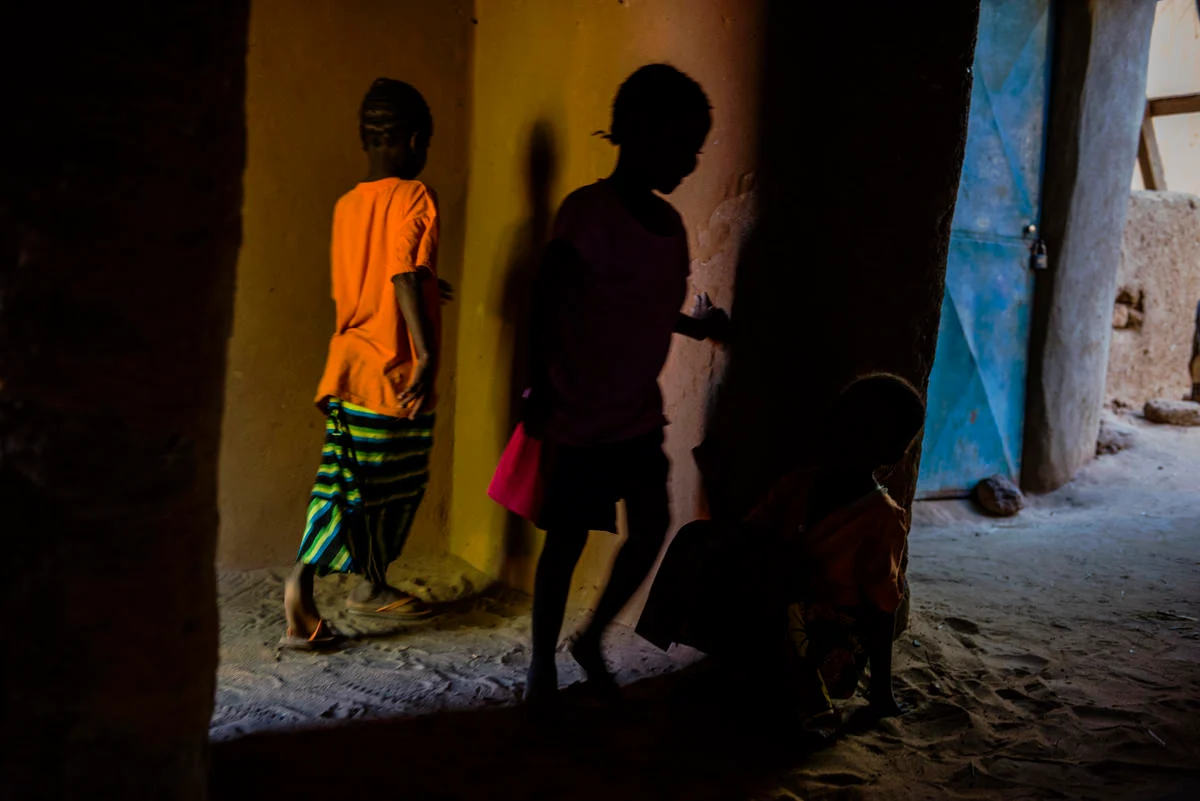the Judicial Investigation Agency (OIJ) of Costa Rica made headlines on August 13 by arresting five officials from the National Child Welfare Agency (PANI). The charges? Suspected involvement in human trafficking and irregular adoption practices—a serious breach of trust in an agency meant to protect the most vulnerable.
The Arrests: A Closer Look at the Allegations
The arrests, which took place across various regions of Costa Rica—Guácimo, Siquirres, Pococí, Puerto Jiménez, and Orotina—targeted three women and two men, aged between 31 and 61. These individuals, entrusted with the welfare of children, are now under investigation for their alleged role in manipulating the adoption process for personal gain.
The investigation was initiated by PANI’s own leadership, following disturbing complaints that surfaced in October 2022. It was the Executive President of PANI who took the first steps by submitting a report to the Public Prosecutor’s Office in August 2022, outlining a series of administrative irregularities in the adoption of minors at the agency’s Cariari de Pococí office.
Irregular Adoptions: The Core of the Investigation
According to authorities, the investigation revealed significant irregularities in how children were placed for adoption. It appears that the proper administrative procedures were bypassed, leading to potentially unlawful adoptions. Even more troubling is the allegation that these officials provided false testimony during court proceedings to remove children from their biological families. Once the children were removed, they were placed with adoptive families, some of whom were allegedly included in the adoption program under dubious circumstances.
The question now is whether these officials accepted bribes in exchange for facilitating these irregular adoptions. While that aspect of the investigation is still ongoing, the fact that such a possibility exists is deeply concerning and highlights the need for accountability within government agencies.
Raids and Legal Proceedings
The investigation reached a critical point with the raids conducted on the day of the arrests. These raids were not limited to the Cariari office but extended to multiple locations, including Puerto Jiménez, the Department of Immediate Regional Attention of PANI in Alajuela, the PANI headquarters in Orotina, and a comprehensive center in Santa Ana. The aim was to gather evidence and documents that could further substantiate the allegations.
Despite the gravity of the charges, the Criminal Court of the II Judicial Circuit of San José decided not to impose the precautionary measures requested by the Public Prosecutor’s Office against the five officials. The measures included a travel ban, the surrender of passports, and a prohibition on contacting witnesses. However, the court did not see fit to order preventive detention at this stage.
The Broader Implications: A Breach of Trust
The arrests and the ongoing investigation into PANI have sent shockwaves throughout Costa Rica. The National Child Welfare Agency is supposed to be the guardian of children’s rights and well-being, yet it now finds itself under scrutiny for allegedly failing in its most fundamental duty.
Human trafficking and irregular adoptions are not just legal violations—they are profound moral transgressions that can have lifelong impacts on the children involved. The thought that officials within PANI might have exploited their positions for personal gain is not only disappointing but also deeply disturbing.
What’s Next for PANI?
As the investigation continues, all eyes are on PANI and the Costa Rican judicial system. The case raises critical questions about oversight and accountability within government agencies. How could such significant irregularities go unnoticed for so long? What checks and balances were in place, and why did they fail?
This case should serve as a wake-up call for a thorough review of PANI’s internal processes and a push for reforms that ensure such breaches of trust cannot happen again. The welfare of children must be the top priority, and any system that allows for manipulation or corruption must be dismantled and rebuilt with stronger safeguards.
The Need for Justice and Reform
The arrests of the five PANI officials mark the beginning of what will likely be a long and complex legal process. But beyond the courtroom battles, this case underscores the need for systemic change within Costa Rica’s child welfare system. The protection of children is a sacred responsibility, and those who violate that trust must be held accountable.
As Costa Rica watches the developments in this case, the demand for justice will only grow louder. The government must take decisive action not only to prosecute those involved but also to prevent such abuses from ever happening again. The children of Costa Rica deserve nothing less.

